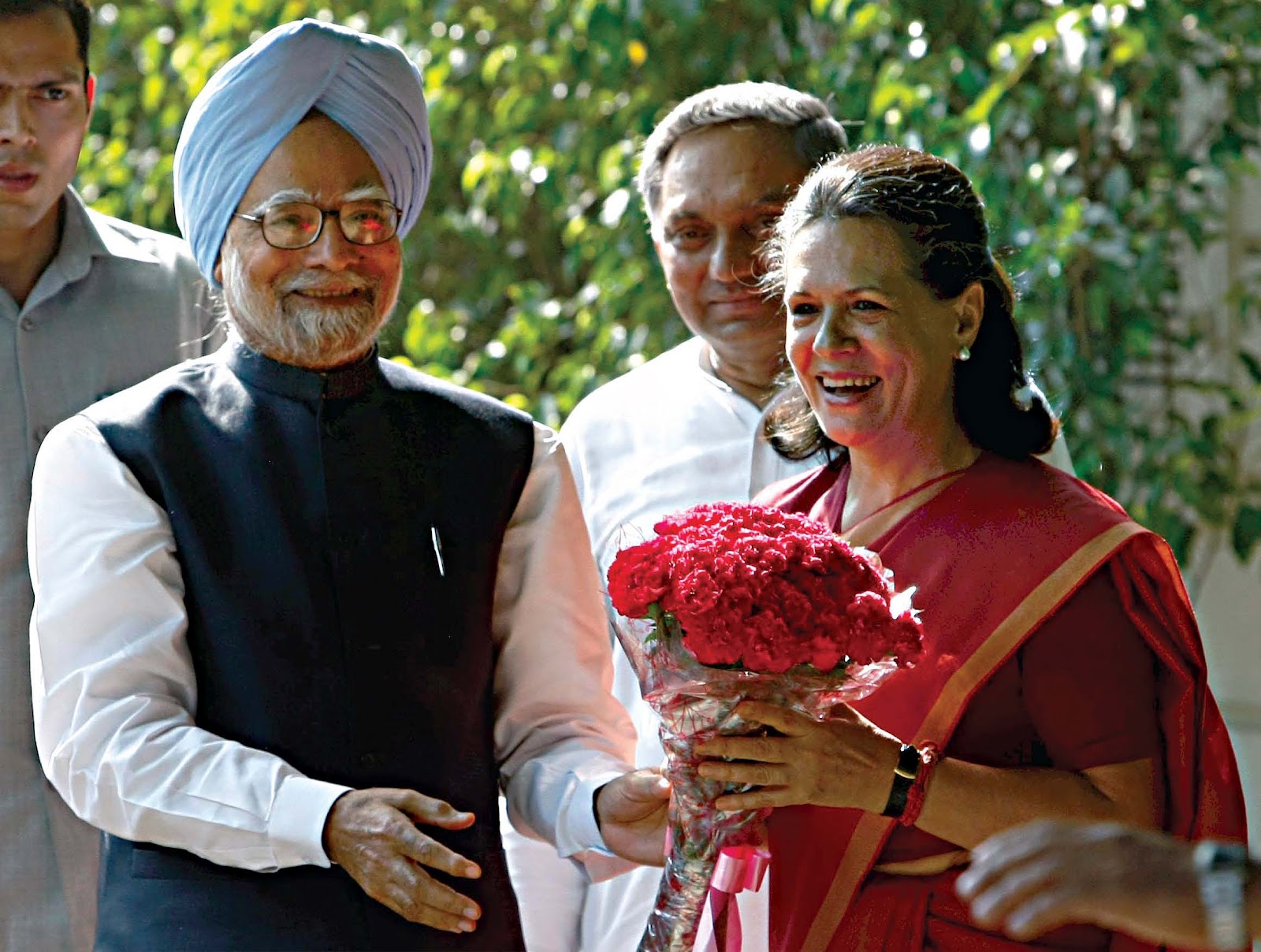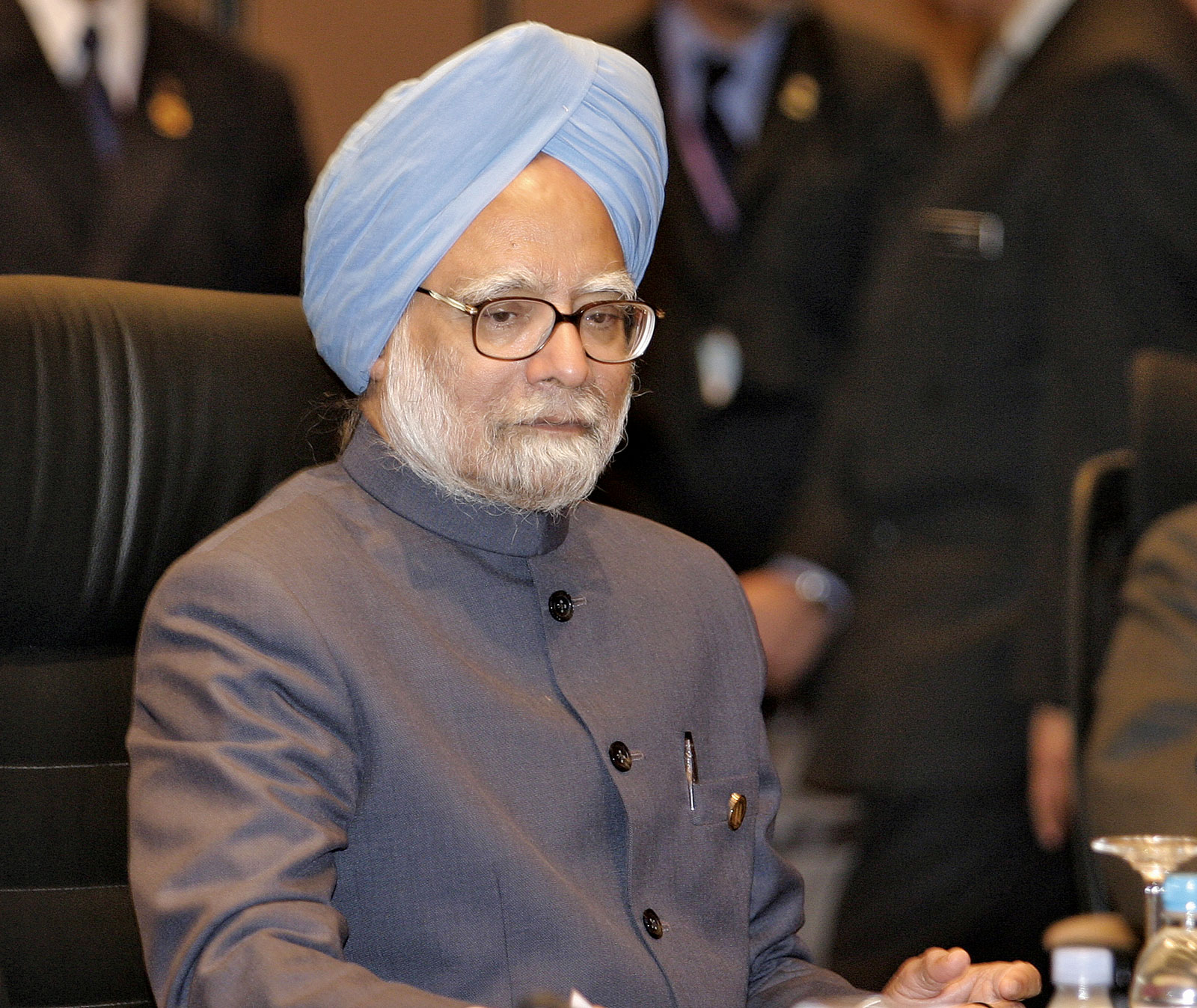Manmohan Singh: Architect of India's Economic Miracle
Editor's Notes: Manmohan Singh: India's Economist Prime Minister And Reforms Catalyst have published today date. This topic is important to read as it provides insights into the life and career of one of India's most influential economists.
Our team has analyzed and gathered information to present this comprehensive guide on Manmohan Singh: India's Economist Prime Minister And Reforms Catalyst, providing valuable insights into his contributions to India's economic growth.
Key Differences or Key Takeaways
Transition to main article topics

manmohan singh india's prime minister hd wallpapers free download 2013 - Source finehdwallpapers.blogspot.com
FAQ
This section addresses common concerns or misconceptions regarding "Manmohan Singh: India's Economist Prime Minister And Reforms Catalyst" using a serious and informative tone.

Spain’s prime minister secures his job, at a high cost - Source www.economist.com
Question 1: What were the key economic reforms introduced during Manmohan Singh's tenure as Prime Minister?
Under Singh's leadership, India implemented significant economic reforms, including the following: fiscal consolidation measures to reduce budget deficits, interest rate liberalization to promote foreign investment, and the relaxation of industrial licensing requirements to encourage private sector growth.
Question 2: How did these reforms contribute to India's economic growth?
Singh's reforms fostered a more liberalized and market-oriented economy, leading to increased foreign investment, domestic capital formation, and overall economic growth. The GDP grew at an average rate of over 8% during his tenure.
Question 3: What were the challenges faced by Manmohan Singh during his tenure?
Singh encountered various challenges, including rising global oil prices, the 2008 financial crisis, and domestic political instability. Additionally, there were concerns about income inequality and the pace of poverty reduction.
Question 4: How did Singh's economic policies impact the Indian people?
Singh's reforms led to significant economic growth, which benefited many Indians. However, some critics argue that the reforms did not adequately address issues of income inequality and rural poverty.
Question 5: What is Manmohan Singh's legacy as Prime Minister?
Manmohan Singh is widely recognized as one of India's most successful Prime Ministers, credited with overseeing a period of unprecedented economic growth and reforms. His legacy continues to be debated and discussed.
Question 6: What lessons can be learned from Manmohan Singh's economic policies?
Singh's tenure provides valuable insights into the complexities of economic policymaking. It highlights the importance of balancing economic growth with social equity and the need for effective implementation of reforms.
Despite the progress made under Singh's leadership, India faces ongoing economic challenges, and the legacy of his policies remains a subject of debate.
Proceed to the next article section.
Tips
The economic policies implemented by Manmohan Singh: India's Economist Prime Minister And Reforms Catalyst during his tenure as Prime Minister of India from 2004 to 2014 have been widely recognized for their positive impact on the country's economy.
Tip 1: Implement Comprehensive Economic Reforms
Singh introduced a series of reforms that liberalized the Indian economy and removed barriers to foreign investment. These reforms included reducing tariffs, simplifying the tax system, and opening up various sectors to private participation.
Tip 2: Encourage Foreign Direct Investment
Singh's government took steps to attract foreign direct investment (FDI) by providing incentives to foreign companies and streamlining the regulatory process. This led to an increase in FDI inflows, which played a significant role in India's economic growth.
Tip 3: Focus on Infrastructure Development
Recognizing the importance of infrastructure for economic development, Singh invested heavily in transportation, power, and other infrastructure projects. This led to improved connectivity, increased energy production, and reduced logistics costs.
Tip 4: Promote Skill Development
Singh recognized the need for a skilled workforce to support the growing economy. His government launched various initiatives to enhance vocational training and improve the quality of education.
Tip 5: Implement Fiscal Discipline
Singh's government emphasized fiscal prudence, reducing budget deficits and controlling inflation. This created a stable economic environment, attracting domestic and foreign investors.
Summary
The economic policies implemented by Manmohan Singh played a crucial role in India's economic growth and development during his tenure as Prime Minister. By implementing comprehensive reforms, encouraging foreign investment, focusing on infrastructure, promoting skill development, and maintaining fiscal discipline, Singh helped create a conducive environment for economic progress.
Manmohan Singh: India's Economist Prime Minister And Reforms Catalyst
Manmohan Singh, a distinguished economist, served as India's Prime Minister from 2004 to 2014. During his tenure, he spearheaded significant reforms that transformed the Indian economy.
- Liberalization: Singh dismantled trade barriers, making India a more open economy.
- Privatization: He reduced government control over industries, promoting private sector growth.
- Fiscal Reforms: Singh implemented measures to reduce government debt and inflation.
- Infrastructure Development: He invested heavily in roads, ports, and other infrastructure.
- Financial Inclusion: Singh introduced schemes to provide banking services to the poor.
- Social Welfare: He launched programs to improve healthcare, education, and employment.
These reforms, driven by Singh's vision and expertise, led to sustained economic growth, poverty reduction, and improved living standards for millions of Indians. His legacy as India's "Economist Prime Minister" underscores the transformative power of economic liberalization and the role of sound policies in fostering national development.

Manmohan Singh: Is the Prime Minister exhausted? – V.Isvarmurti - Source www.isvarmurti.com
Manmohan Singh: India's Economist Prime Minister And Reforms Catalyst
Manmohan Singh, India's 13th Prime Minister, is widely recognized for his significant contributions as an economist and a catalyst for economic reforms. His tenure witnessed remarkable economic growth and transformative policies that shaped India's economic trajectory.

Mark Rutte, the Dutch prime minister, quits politics - Source www.economist.com
Singh's background as a renowned economist played a pivotal role in his policies and decisions. His doctorate in economics from Oxford University and his expertise in international trade and development economics deeply influenced his approach. As Finance Minister in the 1990s, he implemented bold reforms that liberalized the Indian economy, breaking away from decades of protectionism and state control.
Singh's reforms focused on reducing trade barriers, encouraging foreign investment, and streamlining regulation. These policy changes created a more conducive environment for economic growth and attracted substantial investment in India. The reforms also helped integrate India into the global economy and paved the way for its emergence as a key player in international trade.
The impact of Singh's reforms extended beyond economic indicators. They catalyzed a shift in mindset, moving India towards a more market-oriented economy. The reforms empowered the private sector and encouraged entrepreneurship, fostering innovation and job creation. Improved economic conditions raised living standards and contributed to poverty reduction, ultimately benefiting millions of Indians.
In conclusion, Manmohan Singh's expertise as an economist was instrumental in shaping his policies and decisions as Prime Minister of India. His reforms had a profound impact on the nation's economic growth, integration into the global economy, and the well-being of its citizens.
| Key Insights |
|---|
| - Singh's economic expertise shaped his reform policies and decisions. |
| - Reforms liberalized the economy and catalyzed economic growth. |
| - Reforms shifted India towards a market-oriented economy. |
| - Reforms improved living standards and reduced poverty. |
Conclusion
Manmohan Singh's tenure as Prime Minister witnessed significant economic transformation, driven by his expertise as an economist. His bold reforms paved the way for India's economic growth, integration into the global economy, and improved living standards.
Singh's legacy extends beyond his economic policies. He demonstrated the importance of evidence-based decision-making and the transformative power of economic reforms. His contributions continue to shape India's economic outlook and inspire future generations of policymakers.